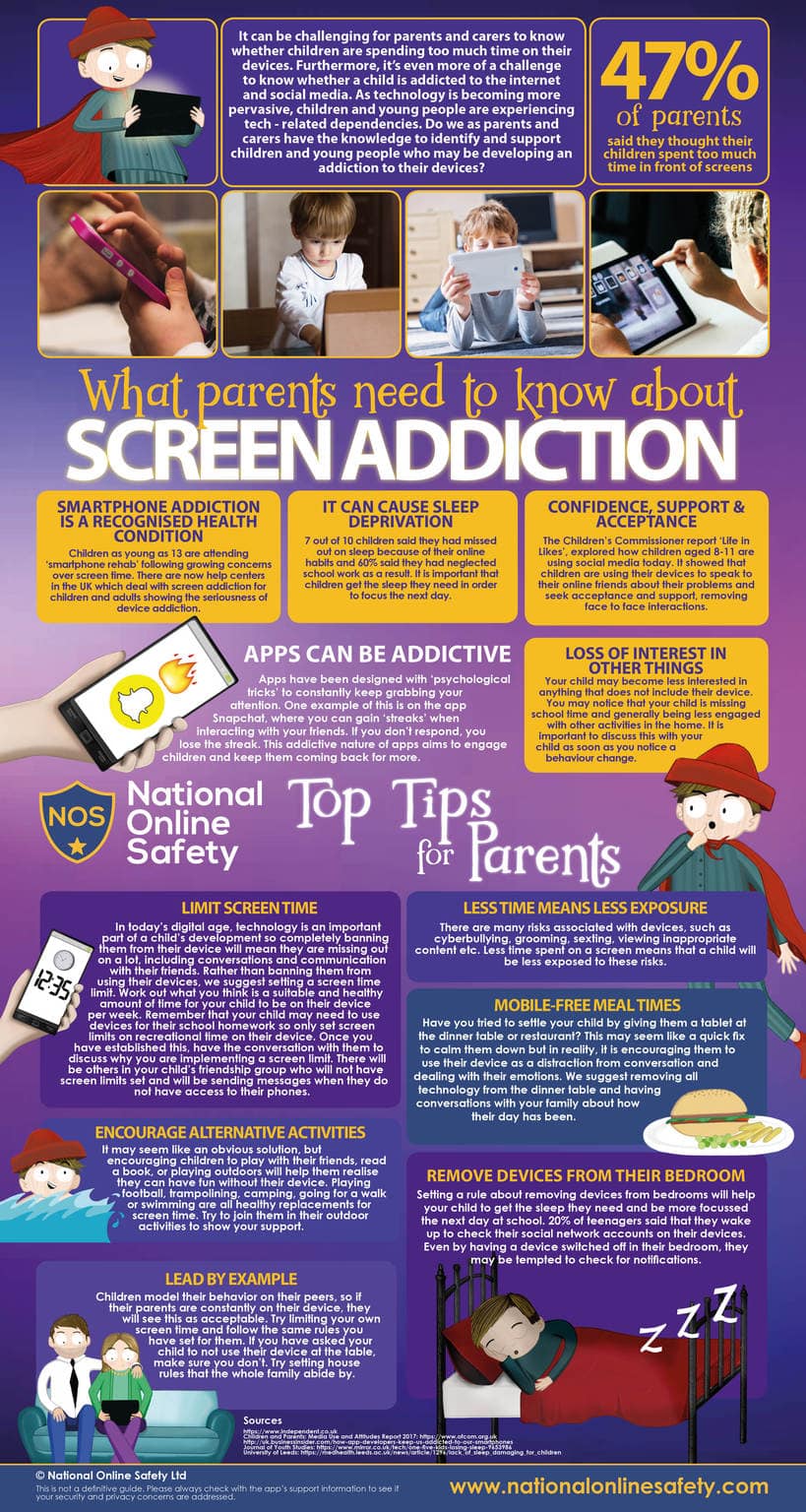
Smart Phone Addiction: A Parent’s Guide
Published
Monday, 21 May
Author
Mark Rosser
Categories
Blog
May
Share
Did you know, 47% of parents said they thought their children spend too much time in front of screens? It can be challenging for parents and carers to know whether children are spending too much time on their devices. Furthermore, it’s even more of a challenge to know whether a child is addicted to the […]
This content is restricted to BESA members
LoginNot yet a member?
Become a part of the BESA community and unlock exclusive business advantages, including:
- Trusted provider status to enhance your industry credibility
- Exclusive discounts on major exhibitions and events
- Access to vital sector insights with resources like the BESA Barometer and Compass reports
- Networking opportunities with industry leaders
- Exclusive business benefits designed to help your organisation thrive
Join now and take advantage of BESA's membership benefits to stay ahead in the industry.
Become a member